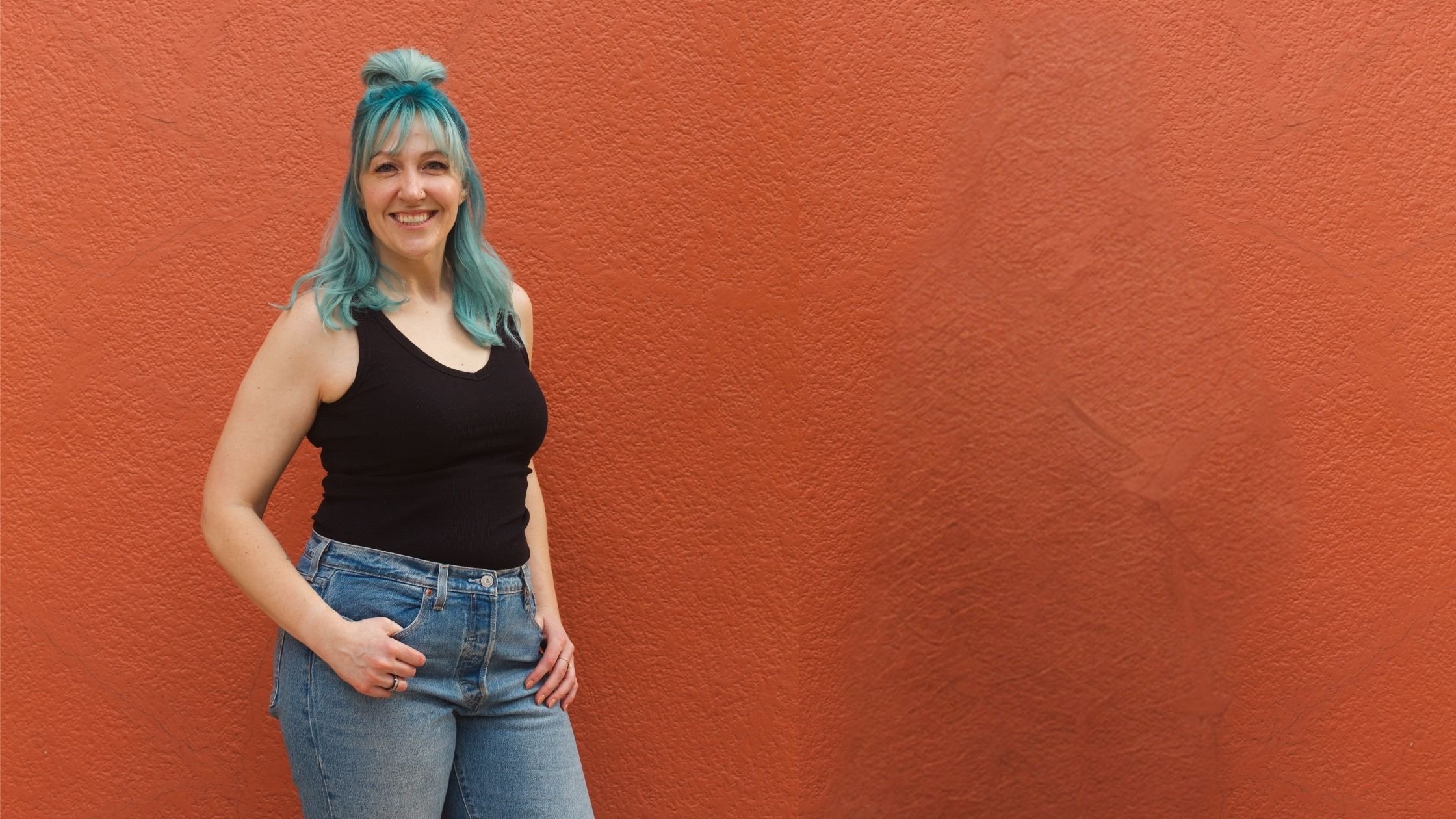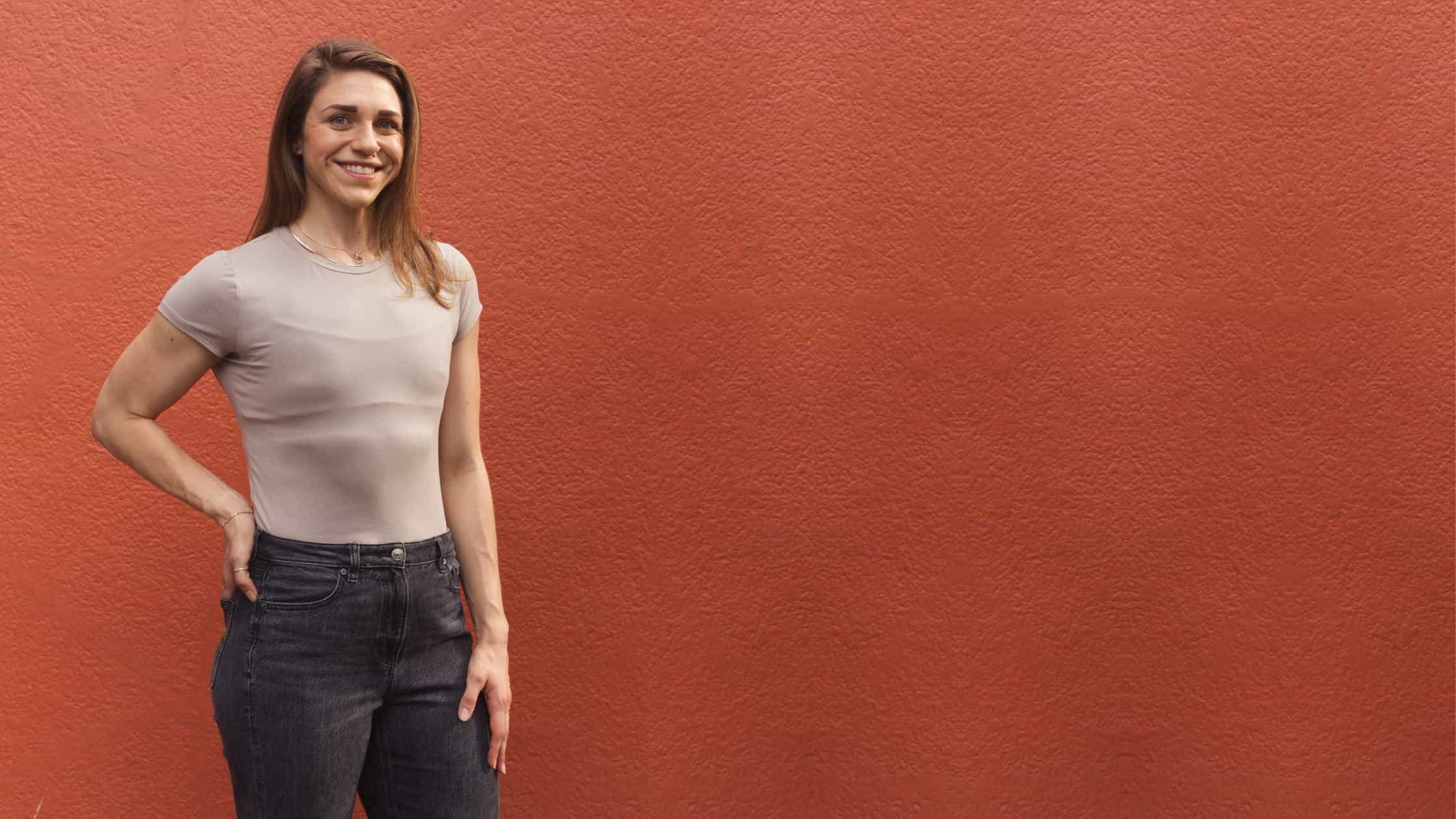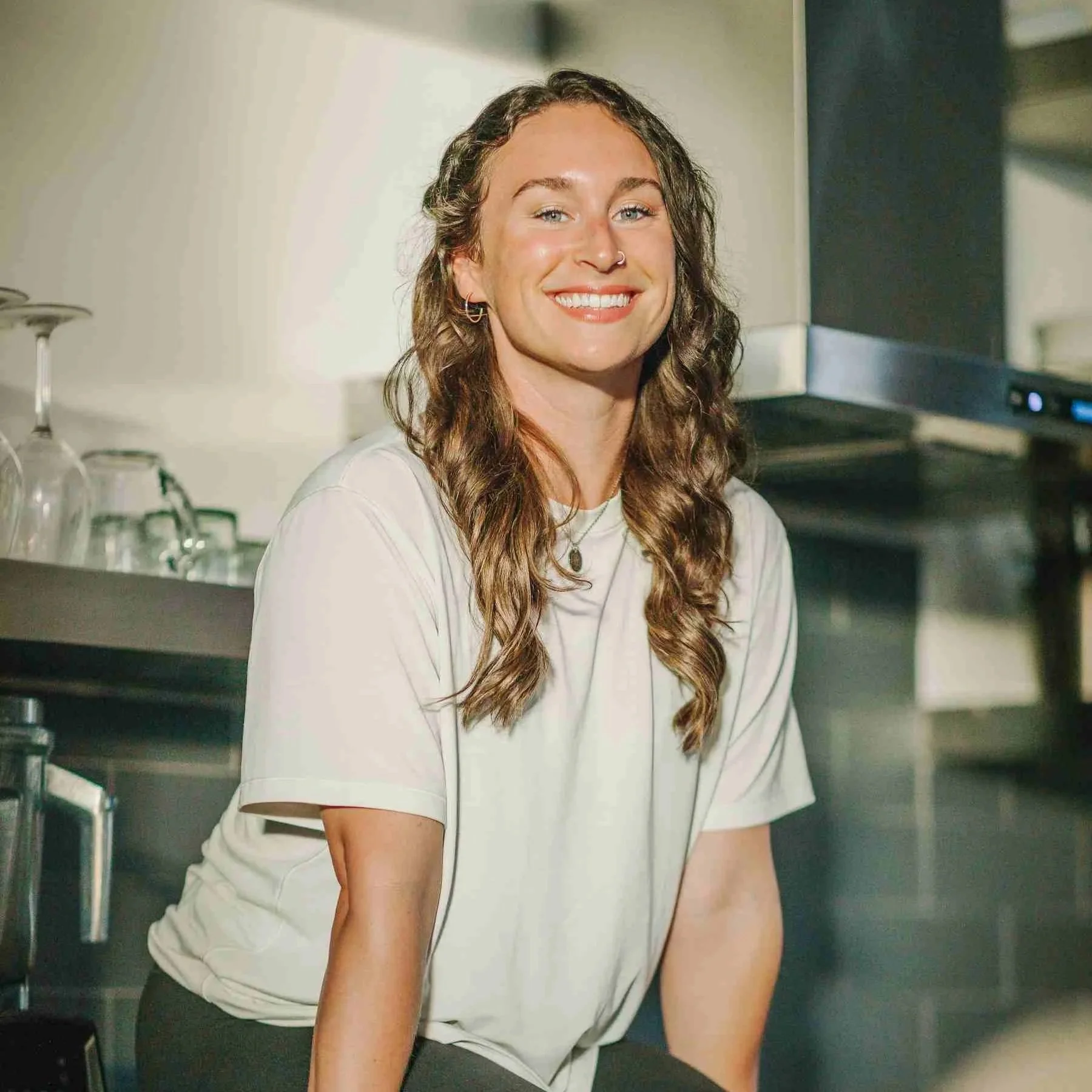Alcohol And Menopause: What No One Tells You (But Should)
Let’s be honest: a crisp glass of Sauvignon Blanc after a long day can feel like a ritual. A margarita at girls’ night? Practically a sacred tradition. But if you’ve hit your 40s or 50s and started noticing that your go-to drink doesn’t go down (or stay down) quite like it used to, you’re not imagining things.
As we transition into menopause, shifts in hormones, sleep, and temperature regulation are common -- including how our bodies handle alcohol.
So, what gives? Why does that second glass of wine suddenly feel like a train crashing right into our bodies when ten years ago we were able to down two glasses before heading out to the bar for the big time fun stuff? Let’s break it down.
Your Body’s Chemistry Is Changing
As estrogen levels dip during menopause, the whole body plays musical chairs with metabolism, hydration, and hormone regulation. Toss alcohol into the mix, and the result can be anything from night sweats and headaches to hangovers that last longer than some relationships.
Women, by default, have less body water to dilute alcohol than men. So every sip hits just a little bit harder. As we age, body water content drops even further, meaning even the same drink you had in your 30s now lands like a double.
Plus, our liver enzymes (the ones that break down alcohol) become less efficient with age (so alcohol stays in the body for longer). Combine that with any prescription meds you might be on (hello, hormone therapy, SSRIs, or blood pressure meds), and now your liver, kidneys, and pancreas are combating both the extended time of the alcohol that is present alongside the toxic effects that alcohol has on those organs.
Think of alcohol like that toxic ex who’s overstayed their welcome — you don’t need their negativity or the lasting impact hanging around longer than necessary.
What happens when we drink alcohol during the menopause transition?
Here’s the short version of what alcohol might be doing behind the scenes during menopause:
Sleep goes sideways: Alcohol disrupts REM sleep (where cognitive & emotional processing happens, including dreaming), making that 3 a.m. wide-awake moment more likely.
Hot flashes increase: Booze messes with your body’s internal thermostat (this means more blood vessels dilate, blood flow increases, and those pesky hot flashes can feel even more intense as a result).
Mood is affected: Alcohol is a known depressant and can mess with mental health, especially if stress and anxiety are already peaking. If we are already struggling with down moments due to our stress or current environment, alcohol might heighten those already troublesome feelings.
Bone density takes a hit: Alcohol can lower bone density over time. Not super ideal when menopause already increases your fracture risk.
Workouts feel harder: Drinking slows recovery and hydration, making your gym sessions feel more like you are dragging yourself through mud rather than moving with strength and confidence.
Don’t worry — this isn’t a call to go stone-cold sober (unless you want to). It’s about awareness and options!
But Wait… I Like Drinking!
Totally fair. The good news? You don’t need to give it up completely to feel better and continue to support your overall health and wellbeing. Nutrition and lifestyle goals look different for everyone, so there is no one-size-fits-all recommendation. Experimenting with what works best for you can be the most helpful in ensuring you stay confident and consistent in your choices.
1 - Adjust your go-to drink
Pay attention to how different drinks make you feel. Wine turning you beet red? Maybe try a clear liquor like vodka with diet soda and lime. Beer leaving you bloated? Try a smaller pour or a lighter style.
2 - Alternate drinks
Alternate each alcoholic drink with water or a beverage with electrolytes (yes, even fancy coconut water counts). Bonus: you stay more hydrated and can wake up with less puffiness the next morning.
My clients know this as a “drink rotation” where you start with a glass of water then move on to a sparkling water or diet soda before having your alcoholic beverage. This keeps your hand and mouth busy while also giving your brain some breathing time in between drinks-and can even subconsciously lower the amount of alcohol you drink throughout the event!
3. Drink earlier
Late-night drinking can mess with sleep BIG time as it can prevent you from getting both the quality and quantity of sleep you need. Try enjoying that cocktail with dinner rather than after. Drinking earlier in the evening, rather than later, might be best!
4. Cut back on alcohol gradually
Instead of three glasses of wine on Saturday, try two. Utilize that drink rotation mentioned earlier!
5. Pick what’s “worth it”
Love wine club Saturdays? Keep them. But maybe skip the random Wednesday night pour. You’ll still enjoy your faves — just with more intention. If it’s the routine of winding down that is most beneficial for you, try swapping that alcohol for sparkling water, diet soda, hot tea, or even a hot chocolate.
The bottom line:
Menopause doesn’t mean you have to break up with booze. But it is a time to get curious about what’s helping you feel your best — and what’s potentially quietly disrupting your sleep, skin, body composition goals, and sanity.
Whether you decide to moderate, experiment, or cut back altogether, know this: you’re in control. Whatever choice you make, it doesn’t have to be all or nothing.
We help clients from all backgrounds build sustainable nutrition habits—no more white-knuckling through yo-yo diets. Meet the KLN coaching team here.



























